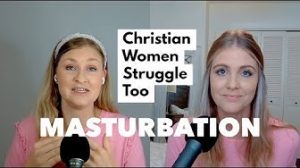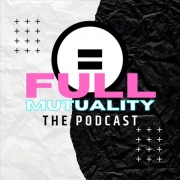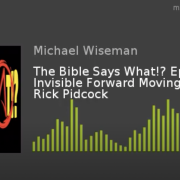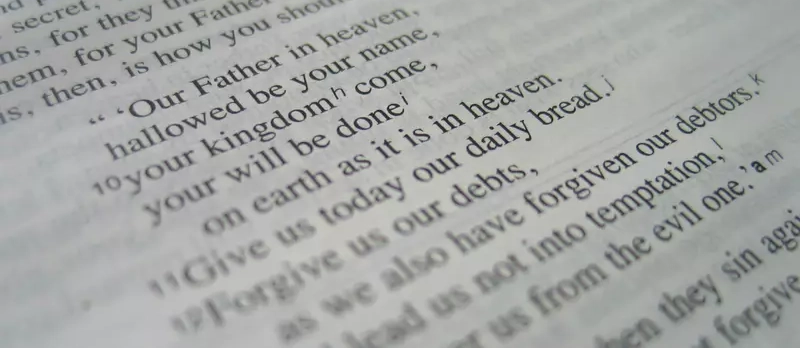How evangelical and Mormon deconstruction is playing out on TikTok and YouTube
This article originally appeared at Baptist News Global on March 20, 2024.
Mainline and evangelical churches aren’t the only religious communities losing members these days. According to a new study published in the Journal of Religion and Demography, Mormonism is no longer followed by the majority of residents in Utah.
Ryan Cragun, a professor of sociology at the University of Tampa, says the Church of Jesus Christ of Latter-day Saints kept 95% of its children in the church in the 1980s, compared to approximately 67% today.
“Almost a third of people who are raised LDS today leave the religion,” he explained. “That’s our current best estimate.”
As a result of this exodus, Mormon leaders have responded in very similar ways to evangelical leaders.
For example, Brad Wilcox, a professor of ancient Scripture at Brigham Young University and a counselor in the Young Men general presidency in the Mormon Church, relayed one anecdote in a podcast interview about a young man who explained to him why he left Mormonism. “He says, ‘Oh because it seemed popular on TikTok. It seemed popular on social media. So I just kind of joined the crowd and left the church and made a big deal about it on social media.”
 Wilcox’s story sounds eerily similar to The Gospel Coalition claiming: “A wave of #exvangelical podcasters and TikTok stars are following in the wake, with a whole cottage industry to welcome and cheer them on. … Many of us feel the social pressure — and the release valve is a simple Instagram post away.”
Wilcox’s story sounds eerily similar to The Gospel Coalition claiming: “A wave of #exvangelical podcasters and TikTok stars are following in the wake, with a whole cottage industry to welcome and cheer them on. … Many of us feel the social pressure — and the release valve is a simple Instagram post away.”
Social media can be a difficult space for family, friends and complete strangers to navigate during faith transitions, especially when some of the parties involved are desperately concerned for the eternal souls of those who are deconstructing. And in many cases, these online debates drive us apart.
But despite social media drawing the ire of Mormon and evangelical leaders alike, a recent conversation has been stirring among evangelical, ex-evangelical and ex-Mormon YouTube channels that is provoking curiosity for how these seemingly irreconcilable communities may have more in common than they realize.
Girl Defined
Kristen Clark and Bethany Beal are two sisters from Texas who started Girl Defined Ministries in 2014 “to help modern girls understand and live out God’s timeless truth for womanhood.” Their courses and books focus on themes related to complementarian gender roles and sexual purity.
 Their YouTube channel features videos about modesty, masturbation, drag queens, feminism, LGBTQ people, seductive selfies, submitting to your husband, dress standards, and whether or not they are the most hated YouTubers.
Their YouTube channel features videos about modesty, masturbation, drag queens, feminism, LGBTQ people, seductive selfies, submitting to your husband, dress standards, and whether or not they are the most hated YouTubers.
Opposition to Girl Defined over the years has been so strong that other channels have amassed tens of millions of views on videos making fun of or criticizing Kristen and Bethany’s content.
Irrepressible thoughts of death to Christian patriarchy
While many of Girl Defined’s videos may feel like scenes from Complementarian Barbie’s dream house, some inconsistencies have begun creeping into their videos over the past year, leading some to speculate whether one of Girl Defined’s patriarchs was having an existential crisis with irrepressible thoughts of death to Christian patriarchy.










Leave a Reply
Want to join the discussion?Feel free to contribute!